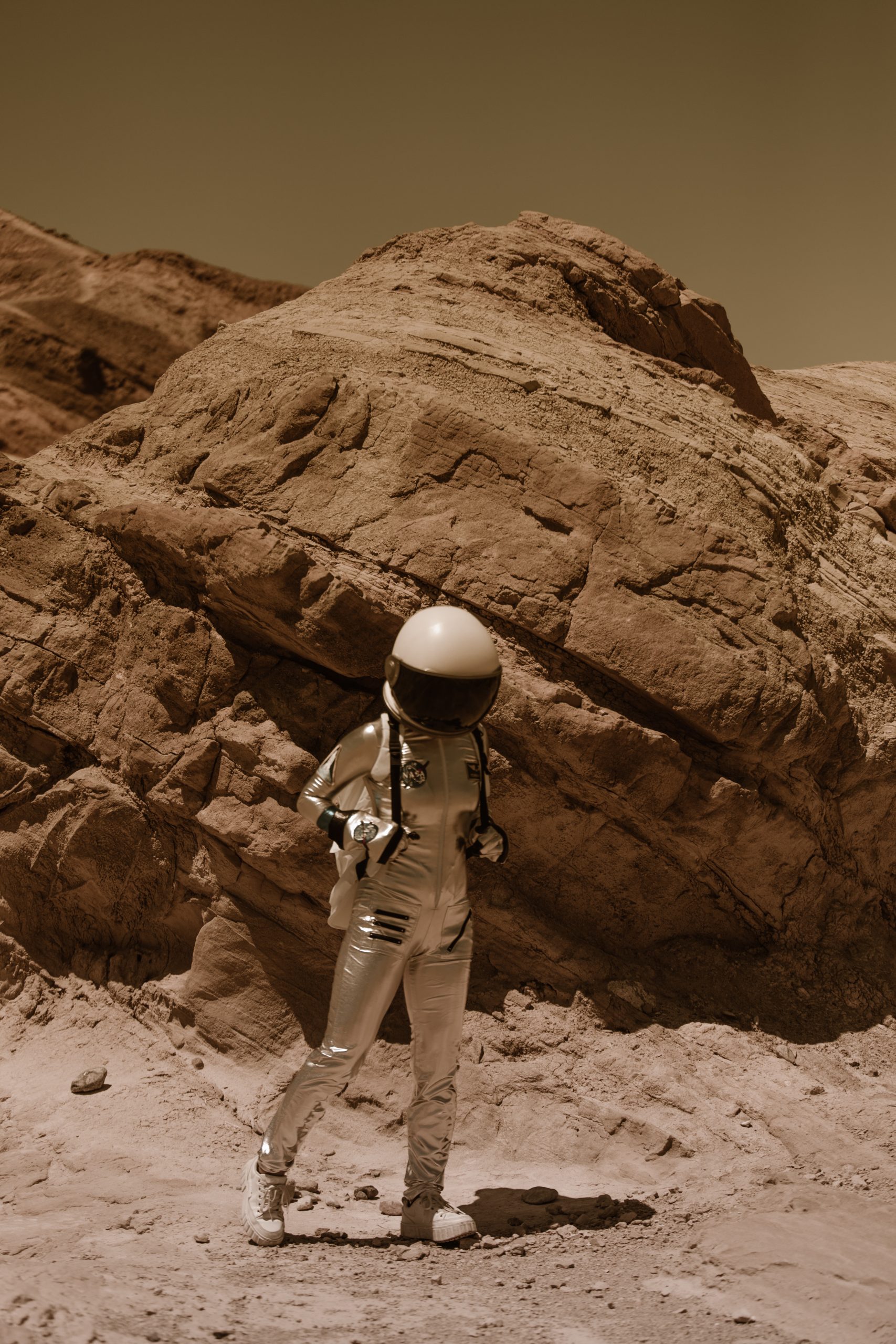Bill Gates Urges Elon Musk to Prioritize Vaccines Over Mars Exploration

Tycoon and Microsoft co-founder Bill Gates does not consider Twitter CEO Elon Musk an authentic philanthropist, urging him to leave his Mars Exploration Musk alone and think of mass vaccination.
The software developer-turned-billionaire believes Musk’s self-declared endeavor to save civilization from annihilation by taking over Mars is not a good use of Elon Musk’s fortune, which he thinks would be better spent on goals like mass vaccination to save people’s lives back on Earth.
Mars exploration in focus
In an interview with the BBC, despite Gates’s not having faith in Musk’s long-time dream of “conquering” Mars, he did acknowledge that some of his endeavors, like the electric vehicle company Tesla, “are having a positive impact.”
“I think someday he will join the ranks of philanthropists using his ingenuity,” Gates added, because “at the end of the day” he can’t possibly spend all of his money on himself, “other than going to Mars a few times, which might cost a little bit.”
Gates maintained that there are more pressing issues facing humankind than a Mars exploration, such as mass vaccination. “It’s actually quite expensive to go to Mars,” he said in the interview. “You can buy measles vaccines and save lives for a thousand dollars per life saved. It just kind of grounds you, as in – don’t go to Mars.”
In recent years, the two billionaires have been edgy towards each other, and this is not the first time Gates has gone on the offense against the SpaceX architect.
Middle of last year, media reports indicated that the Bill and Melinda Gates Foundation spent millions attempting to block Musk from acquiring Twitter.
In response, the new Twitter owner who also likes to build tunnels accused Gates of duplicity. “Sorry but I cannot take your philanthropy on climate change seriously when you have a massive short position on Tesla.”
Enjoying this article?
Subscribe to get more stories like this delivered to your inbox.
Musk has always been very open about his desire for humans to colonize Mars, insisting it’s the only way the species will escape a “mass extinction crisis.” He is a buff of the Mars exploration.
In a 2022 TED interview, Musk outlined his dream of sending thousands of Starship rockets to Mars by the year 2050, calling them “modern Noah’s Arks,” even though the concept is still in its experimental phase.
Love bytes: Mixed experiences of Americans on online dating sites and apps
Journalist
